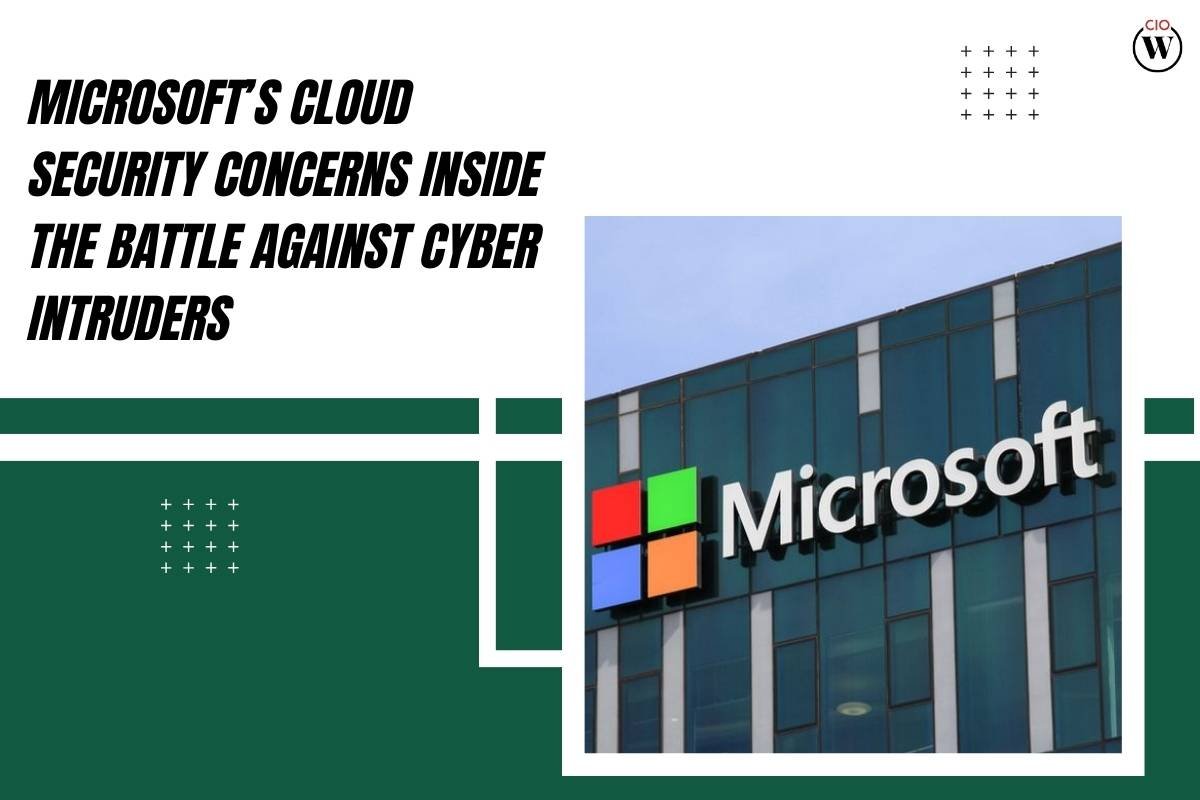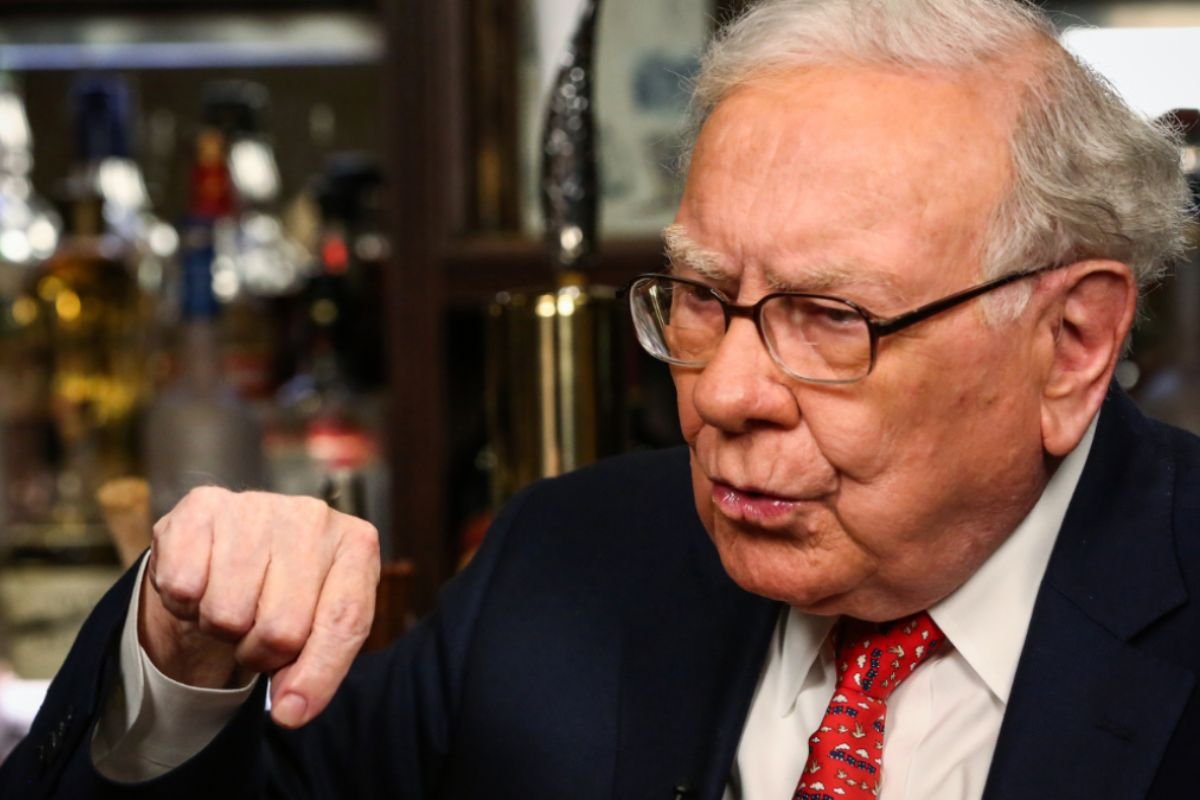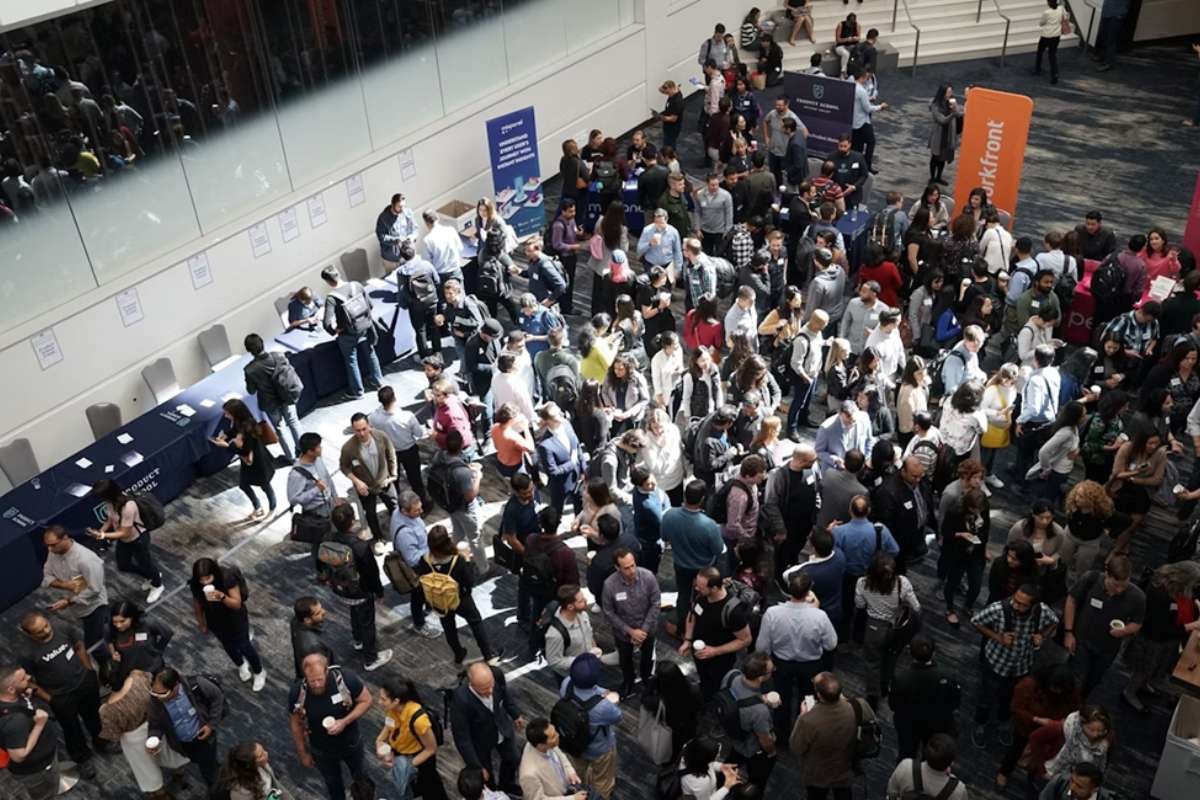In 2016, Microsoft cloud recruited Andrew Harris for his exceptional ability to safeguard sensitive computer networks from cyber threats. Harris, a seasoned cybersecurity expert with prior experience in the Defense Department, was tasked with investigating a perplexing breach at a major U.S. tech firm. This incident, which infiltrated Microsoft Cloud infrastructure, raised alarms due to its stealthy execution that left minimal traces.
Diving into his home office, Harris meticulously analyzed potential attack scenarios, focusing on a critical Microsoft application responsible for authorizing access to cloud-based systems. Months of intensive research unveiled a critical flaw: the application, used widely for work computer logins, contained a vulnerability allowing attackers to impersonate legitimate users. This security gap jeopardized not only national security secrets but also corporate intellectual property and personal data, across Microsoft Cloud and other cloud providers like Amazon.
Harris promptly alerted Microsoft about the vulnerability, emphasizing its implications for federal agencies and national security. However, internal discussions at Microsoft reportedly downplayed the severity, fearing the disclosure could jeopardize a lucrative multibillion-dollar government cloud contract and the company’s competitive edge in the market. Despite Harris’s persistent warnings over several years, Microsoft delayed addressing the issue, opting for a long-term solution while leaving global cloud services vulnerable.
Escalation and Fallout
Frustrated by Microsoft’s inaction, Harris implemented a temporary workaround but remained concerned about potential exploits. He took proactive steps to notify high-risk clients, overseeing critical fixes like those for the New York Police Department. His fears materialized within months when reports confirmed the SolarWinds cyberattack in 2020, perpetrated by Russian state-sponsored hackers. Exploiting the exact vulnerability Harris had identified, the attackers infiltrated numerous U.S. federal agencies, including the National Nuclear Security Administration and the National Institutes of Health engaged in COVID-19 research.
Harris’s revelations to ProPublica and corroborated by former colleagues challenged Microsoft’s initial claims of no culpability in the SolarWinds breach. Microsoft’s response continued to emphasize customer responsibility, deflecting accusations of insufficient proactive measures.
Corporate Response and Public Scrutiny
In the aftermath of SolarWinds and ongoing cyber threats, Microsoft faced heightened scrutiny over its cybersecurity practices and corporate priorities. While Brad Smith, Microsoft’s president, defended the company’s stance before Congress, alleging no product vulnerabilities exploited in the breach, internal dissent and external investigations suggested otherwise.
The fallout prompted introspection within Microsoft Cloud, with CEO Satya Nadella acknowledging the need for a reassessment of their security protocols and customer-centric focus. Nevertheless, criticisms persisted regarding Microsoft’s corporate culture prioritizing profit and market dominance over comprehensive security measures, especially in its cloud services.
Also read: Massive Snowflake Data Breach Potentially One of the Largest Ever








